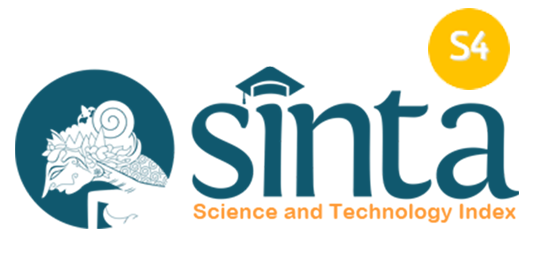Application of Auditor Professionalism Attitudes in the Audit of Assets and Cash KAP Rudiana Fibriani
DOI:
https://doi.org/10.33005/ebgc.v7i02.403Keywords:
Audit, Auditor Professionalism, Cash, and Iventory, Audit, Auditor, Professionalism, Cash, and InventoryAbstract
The aim of this study is to evaluate the effectiveness of the audit process in ensuring the accuracy and completeness of financial statements and to identify the auditor's role in enhancing corporate transparency and credibility. The research method used is descriptive with an exploratory approach. The audit process involves four main stages: planning and designing the audit approach, testing controls and transactions, performing analytical procedures and detailed testing of balances, and completing the audit and issuing an audit report. The results of this study indicate that a systematic and competent audit process can effectively identify errors and irregularities in financial statements, thereby enhancing the quality of information provided to users. Auditor professionalism—encompassing competence, independence, and adherence to ethical standards—plays a crucial role in ensuring the quality of audits. Auditors from KAP Rudiana Febriani demonstrate their effectiveness in evaluating internal controls, conducting physical verification of fixed assets, and ensuring the validity of asset ownership documentation. The audit process is essential for improving accountability and transparency in corporate financial management. This study underscores the importance of continuous auditor training and professional development to maintain proficiency and address challenges in the audit process. Furthermore, the article contributes by offering practical insights into audit practices that promote transparency and advancing academic discussions on the role of professionalism in enhancing the reliability of financial reporting.









